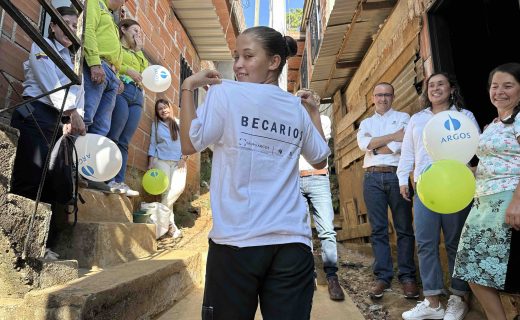
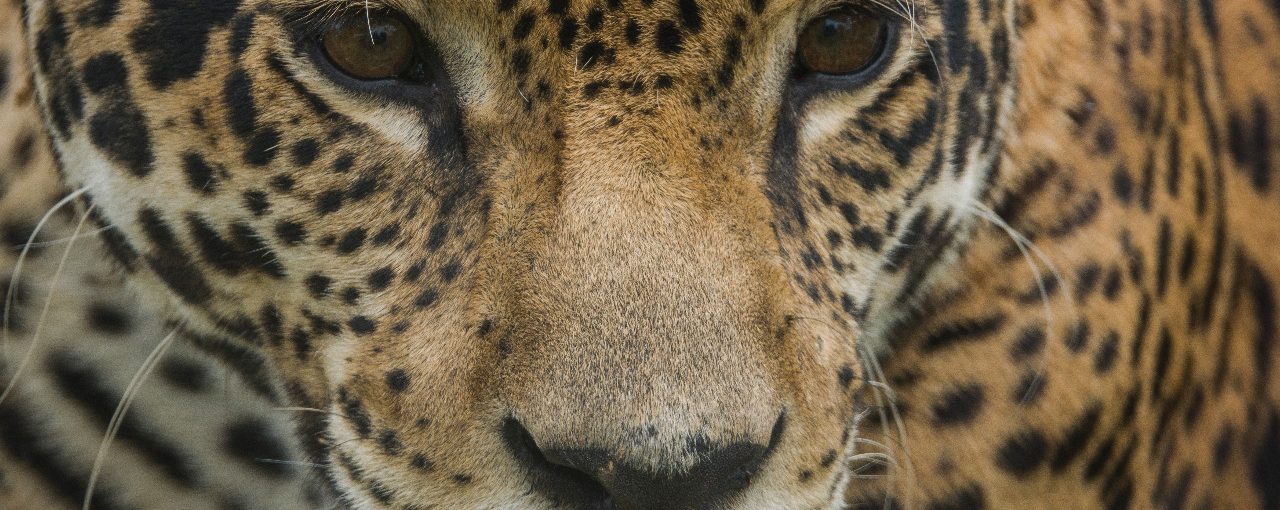
Sustainability
With Huella Viva, families from eastern Antioquia show that it is possible to live with felines
14 November 2018Sustainability | NOVEMBER 14, 2018
The Huella Viva project, which promotes the conservation of nature for the well-being of local communities from the integral management of the territory in the Samaná Norte, Cocorná and Nare basins in the Magdalena Medio Antioqueño area, in its first phase, made possible that five families from eastern Antioquia implemented strategies to adapt to the conflict between humans and felines due to animal predation.
This first phase contemplated the characterization of areas of interest, the agreement with local actors of the territory, the implementation of actions towards conservation and sustainable production in pilot farms in the Samaná Norte and Río Claro basins (three of them in the municipality of San Luis, one in the municipality of San Francisco and another in the municipality of Puerto Triunfo). Also, strategies were developed for adaptation to the human-feline conflict, demonstrating that coexistence between both actors is possible. This is how Huella Viva will contribute to the increase of forest cover connectivity and the well-being and diversification of the family economy.
The strategies consisted on the implementation of scare-off techniques (mixture of light emission with motion simulation to remove the possible predator of domestic animals); mitigation (infrastructure that prevents predation by large cats); and integrated production models for the restoration of degraded areas (organic orchards, native bee hives, agriculture with fruit and forest trees, silvopastoral systems, regenerative livestock and nature tourism).
Since the pilot farms of this project cover diverse socioeconomic contexts, from smallholdings to large estates, the adaptation activities developed responded to such contexts. To date, and after the implementation of the strategies on the premises, there have been no new events of predation to domestic animals in the area of influence of Huella Viva.
In the development of this project, three work axes are proposed: the maintenance of water regulation ecosystem services in the Samaná Norte, Cocorná and Nare basins; the conservation of biodiversity using jaguar and puma as umbrella species (or those that, when protected, indirectly care for many others that make up the community of their habitat); and sustainable development through productive models that improve the quality of life of families and environmental defense.
The project continues in a phase II where the number of conservation agreements with the communities will be extended for a sustainable use of nature, the protection of watersheds and the conservation of felines.
Huella Viva is a public-private initiative of the Fundación Grupo Argos, Cementos Argos, Celsia, Fundación Amazonas and the Corporación Autónoma Regional of the Black and Nare (Cornare) river basins as allies, and is developed, in its first phase , by the Humboldt Institute.
Mas noticias
-
 News
News -
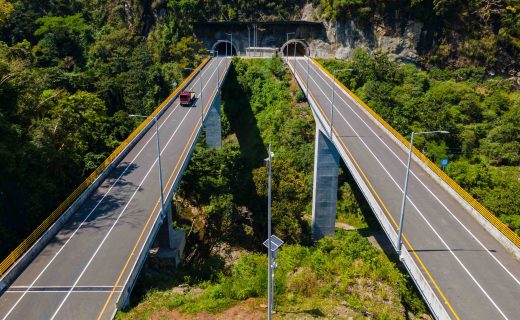 News
NewsGrupo Argos and Cementos Argos Once Again Among the World's Most Sustainable Companies According to the Dow Jones Sustainability Index
23 December 2024 Read more -
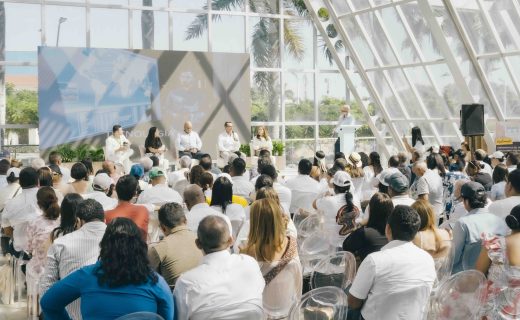 News
NewsGrupo Argos and the Autonomous Corporation of Atlántico (CRA) launched the book "The Memories of the Mangrove" as part of the Somos Sostenibilidad event.
12 December 2024Grupo Argos and the Autonomous Corporation of Atlántico (CRA) launched the book "The Memories of the Mangrove" as part of the Somos Sostenibilidad event.
Read more -
 Grupo Argos Foundation
Grupo Argos FoundationGrupo Argos Foundation, Terraformation, the Government of Antioquia, and the Province of Cartama sign an agreement for over COP 5 billion to promote sustainable livestock farming
6 November 2024Grupo Argos Foundation, Terraformation, the Government of Antioquia, and the Province of Cartama sign an agreement for over COP 5 billion to promote sustainable livestock farming
Read more -
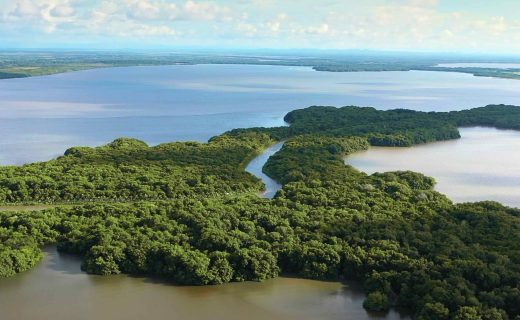 Grupo Argos Foundation
Grupo Argos FoundationGrupo Empresarial Argos will reach the record figure of one million mangrove seedlings planted in the Colombian Caribbean in the first quarter of 2025
30 October 2024Grupo Empresarial Argos will reach the record figure of one million mangrove seedlings planted in the Colombian Caribbean in the first quarter of 2025
Read more
